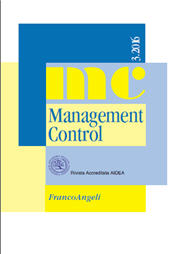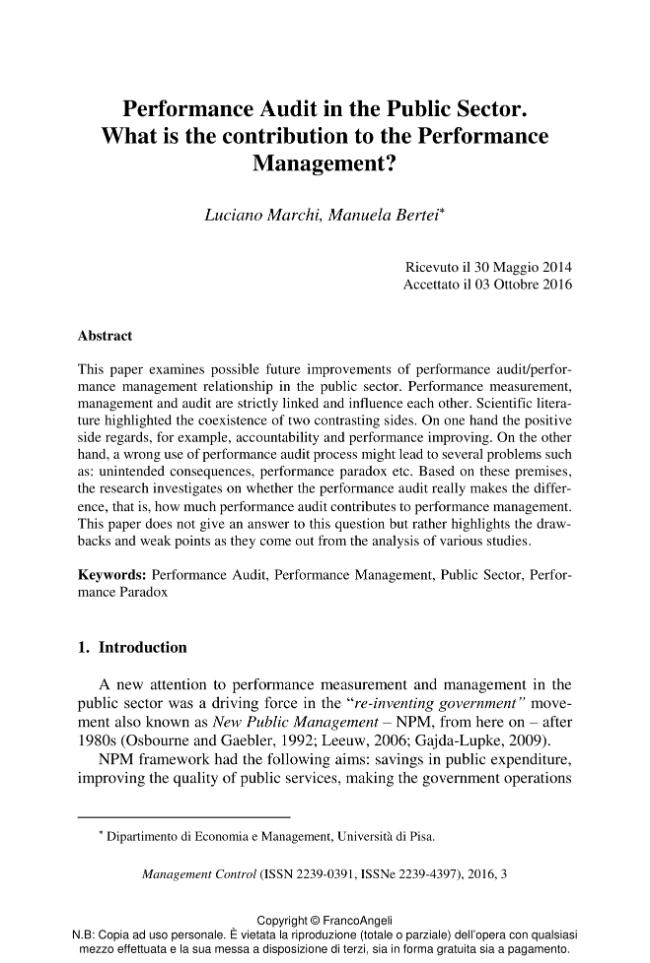Performance Audit in the Public Sector : what is the contribution to the Performance Management?
49-63 p.
The paper studies the relation between the "Cost of Poor Quality" (CoPQ) and the sustainability approach of the companies. For years, management believed that it was too expensive to provide high-quality products and service to customers, and used this motivation to keep companies output far from reaching its full potential. During the last years of the XX Century, management's attitude began to change as they found that in international markets quality products provided a greater return on investment and increased the organization's market share (Harrington, 1999). As a result, a great deal of attention was focused on improving the quality of output from all employees and from all the internal and external processes of the company. The present contribution aims to analyze the relationship in business firm between non-quality cost and the sustainability approach, and in particular if the introduction of a management control system aimed at reducing CoPQ may increase the environmental sustainability of a comp
any, so encouraging to reconcile the financial perspective with the not financial one. To do this, the study is accompanied by a description of case study concerning a middle company placed in Italy in the bottling, production and distribution of natural mineral water industry, that has recently pursued the way of the definition of CoPQ also for the purpose of a sustainable growth. [Publisher's Text].
Fa parte di
Management Control : 3, 2016-
Articoli dello stesso fascicolo (disponibili singolarmente)
-
Informazioni
Codice DOI: 10.3280/MACO2016-003004
ISSN: 2239-4397
PAROLE CHIAVE
- Performance Audit, Performance Management, Public Sector, Performance Paradox



